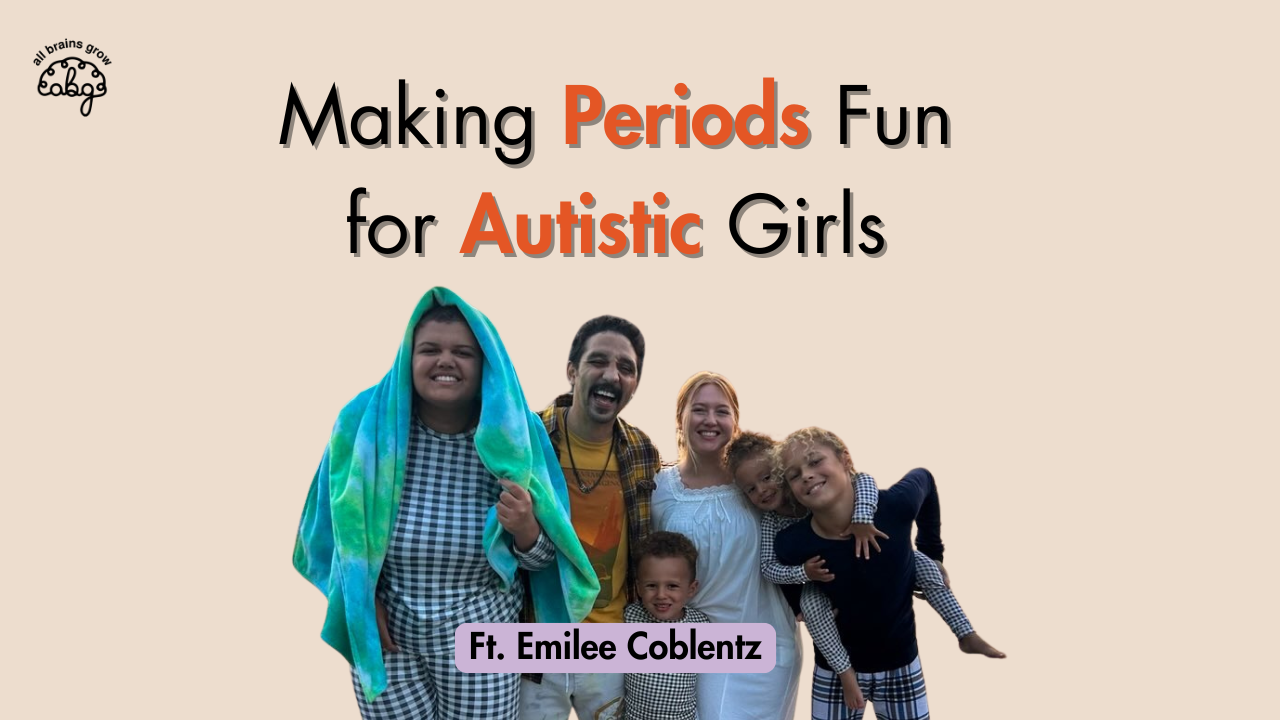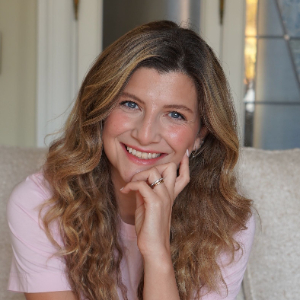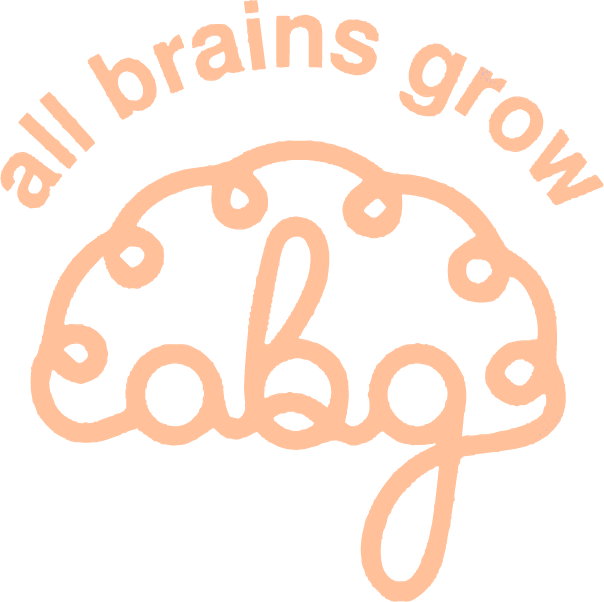Making Periods Fun — The Most Underrated Conversation About Autistic Girls
May 08, 2025
Listen on: Apple│Spotify│YouTube
When was the last time you heard someone talk about periods and autism in the same sentence?
Exactly.
Puberty is hard for any child—but for autistic girls, it’s a whole other world of sensory challenges, communication shifts, and emotional storms. And yet… no one’s talking about it.
In this powerful podcast episode, journalist and mom Emilee Coblentz shares what it’s been like to walk beside her autistic daughter, Lil, through the messy, magical, and often painful process of adolescence.
“What is the greater miracle?” Emilee asks. “Is it change—or is it love when change won’t come?”
This isn’t just a story about periods. It’s about choosing love when progress stalls. About creating rituals—like herbal-infused pads, cute period pouches, and cupcake celebrations—that give your child dignity and joy.
It’s about learning to let go of the version of your child you once imagined… so you can fully embrace the one standing in front of you.
Here’s what you’ll take away from the episode:
-
How Emilee helped her daughter manage periods with visual supports and sensory-friendly products
-
Why medication became a turning point during puberty, and how it saved their family
-
The deep spiritual and emotional work it takes to accept your child as they are
-
The importance of community, creativity, and letting our kids take the lead
If you’ve ever felt unprepared, alone, or afraid of what puberty might bring for your neurodivergent child—this conversation is for you.
Listen now. And remember: your story, your child, and your love are enough.
📚 Resources mentioned:
- Emilee’s essay on the diagnosis process in USA Today
- The Honey Pot Co. herbal-infused pads Emilee recommends
- Puberty resources (for autistic teens by autistic authors):
- The Autism-Friendly Guide to Periods by Robyn Steward
- Menstruation visual support

Hi, I'm Louloua
Neurotherapist, Sister, Mom
When my brother was diagnosed with autism, we were told what wasn’t possible. But neuroscience told a different story, and so did our own lives. With the right support and tools, we saw real, lasting growth in our family: more regulation, more happiness, more independence. Now I help other families do the same.
